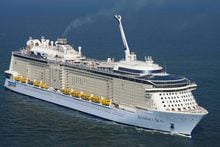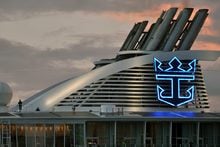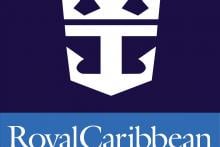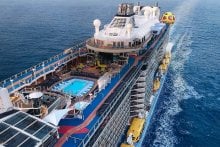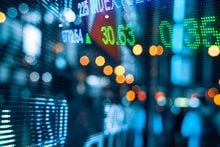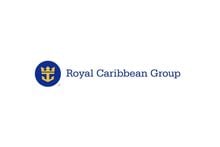Top executives from the Royal Caribbean Group hit on a number of topics with investors during the company's second quarter earnings call on Thursday.
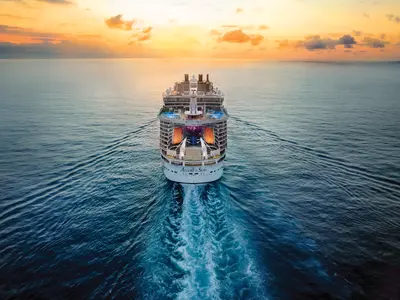
Each quarter, Royal Caribbean Group hosts a conference call with Wall Street analysts to go over the financial results and share more insight beyond the earnings sheet.
During the course of these calls, the public gets insight into what the company sees and that provides more visibility into the cruise business.
Here are the important tidbits from the hour-long call that cruise fans should be aware of as it relates to how the company is doing.
Over 100% capacity in Caribbean itineraries
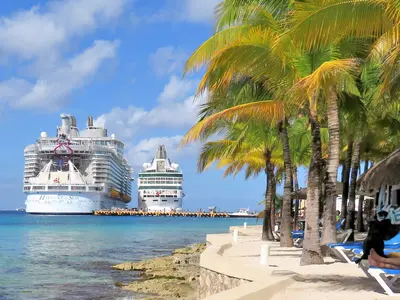
Demand is so strong for cruises to the Caribbean right now, that ships are sailing completely full.
Royal Caribbean Group President and CEO, Jason Liberty, highlighted this fact at the opening of the call, "Our North American itineraries are now sailing at over 100% load factors, and we are building on this momentum as we expect to reach load factors in the mid-nineties in Q3 and then return to triple digit load factors globally by year end."
In cruise industry speak, "load factors" refers to how many passengers are onboard as a percentage of capacity.
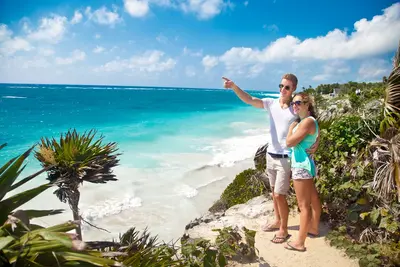
Royal Caribbean Group Chief Financial Officer, Naftali Holtz, broke down the capacity in the second quarter based on region:
- Overall: 82% load factors, with June just about 90%
- North America: About 100%
- Caribbean: 103%, with some ships reaching 107%
- Northeast and West Coast (including Alaska): 90%
- Europe: 75% in June
Why do so many people want to cruise? Mr. Liberty sees strong trends driving it, "The combination of consumers strong propensity to experience and travel, accelerating demographic trends which are pulling in more bucket list and multigenerational travel, a very compelling value proposition and a strong preference for our brand is translating into strengthening demand."
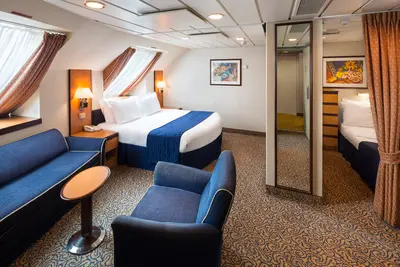
You might be wondering how a ship can sail over 100% capacity, and the answer comes down to how many people are in a stateroom.
A ship has a 100% capacity based on double occupancy, but if you add third or fourth passengers into a cabin, then you get capacity exceeding 100%.
Cruise vs land based vacation
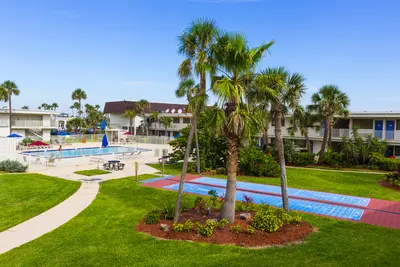
Royal Caribbean has always compared itself to land vacations (and not other cruise lines) as their primary competition. To that point, executives talked about how a cruise compares to a land vacation.
Mr. Liberty talked up the benefits of a cruise, "Cruising has always been an attractive value proposition when compared to land based vacation alternatives, and that is truer today than ever before."
Specifically, he thinks there is a larger than ever gap of value between cruises and land vacations, "There is a very healthy gap, and a larger gap today, than there has been with land based vacations."
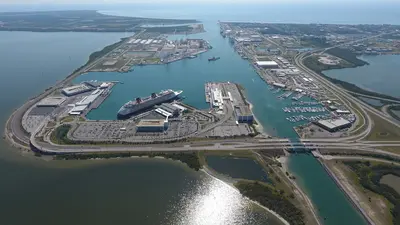
"Now that these protocols are falling off, and we're operating and our guests who are incredible advocates of ours, are sharing their experiences and telling them that, you know, cruise is just like what it was pre-Covid that all of that is is kind of manifesting into this opportunity where people look at cruising and say, wow, there's a really good value proposition."
Read more: Royal Caribbean will drop Covid-19 testing for vaccinated cruisers on shorter sailings
Spending trends
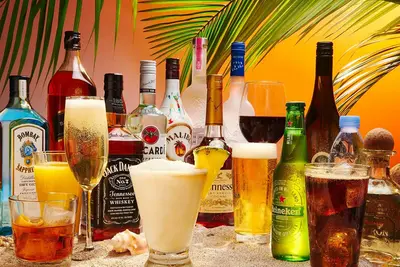
If you've noticed higher prices for cruise extras, there's plenty of people who are still buying them.
Mr. Liberty talked about guest spending in his opening remarks, "Overall, we continue to see a financially healthy, highly engaged consumer with a strong hunger to dream and seek experiences. And they are willing to spend more than ever with us to create those memories."
"The 100,000 plus guests that we have on our ship every day, including the 125,000 guests that are currently on our ships today, have been spending at least 30% more on board our ships across all categories when compared to 2019."

"Approximately 60% of our guests book their on board activities before they ever stepped foot on our ships."
What Mr. Liberty is saying is that not only are a lot of people booking cruises, but a majority are booking add-ons before their cruise at a pace never seen before the pandemic.
It's critical for Royal Caribbean Group's bottom line that passengers buy things in advance, because it tends to translate into more profit than someone who books onboard, "Every dollar a guest spends before the voyage, translates into about $0.70 more on the dollar when they sail with us and double the overall spending compared to other guests."
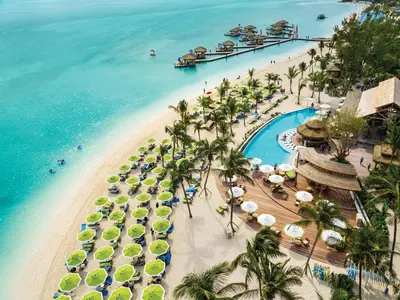
To exemplify this trend, Royal Caribbean International President and CEO Michael Bayley pointed out the other day someone spent "over $4,000" for a single over the water cabana at Perfect Day at CocoCay.
Read more: Guide to CocoCay Cabanas
"There's just a lot of demand for these experiences, as Jason said. And we've also seen this in Alaska, for example, with the product that we have in Alaska, that people just seem to be more willing to open their wallets and purchase these experiences."
No plans to offer stock
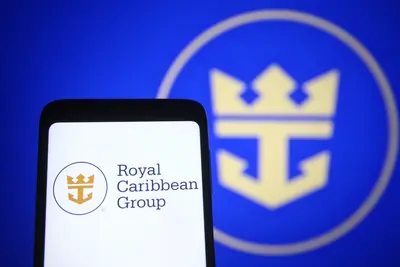
Carnival Cruise Corporation was treated poorly by the stock market when they announced a new round of stock offerings to drum up cash, but Royal Caribbean Group has no such plans.
Mr. Liberty spelled out that things are going well for his company, "Our business is clearly ramping up. We're generating cash flow after OpEx, after CapEx."
"We have been very thoughtful and very methodical about capital raising, balancing liquidity and minimizing dilution, especially relative to others."

"I would note that issuing equity. One is obviously it's a board decision. The bar is at exceptionally high for us to be issuing equity. We don't have any plans to issue equity."
He added that the company has a different focus than cash on hand, "What the board is really focused on is how do we get back to pre-Covid levels as soon as possible. And by that meaning earnings, meaning ROIC and getting our balance sheet back and leverage back to what it was pre-Covid."
Inflation is peaking
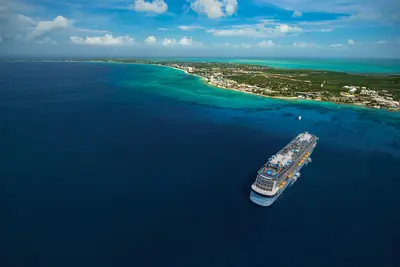
Royal Caribbean seeks inflation numbers peaking, which could mean lower costs in the coming months.
Mr. Liberty pointed to a few indicators that tell him, "inflation levels are peaking and that we would start seeing some relief in the coming months."
The company has two primary categories that are most affected by inflation: food and fuel.
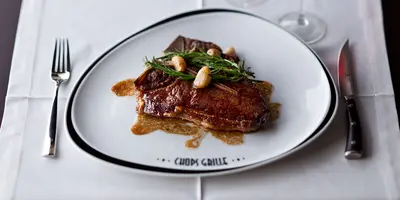
"There are some initial positive signs with respect to inflation trends and our food basket. Our more recent month over month FNB (food and beverage) inflation indicator has increased at the slowest pace thus far in 2022."
Mr. Liberty also alluded to conversations with suppliers that things are getting better.


